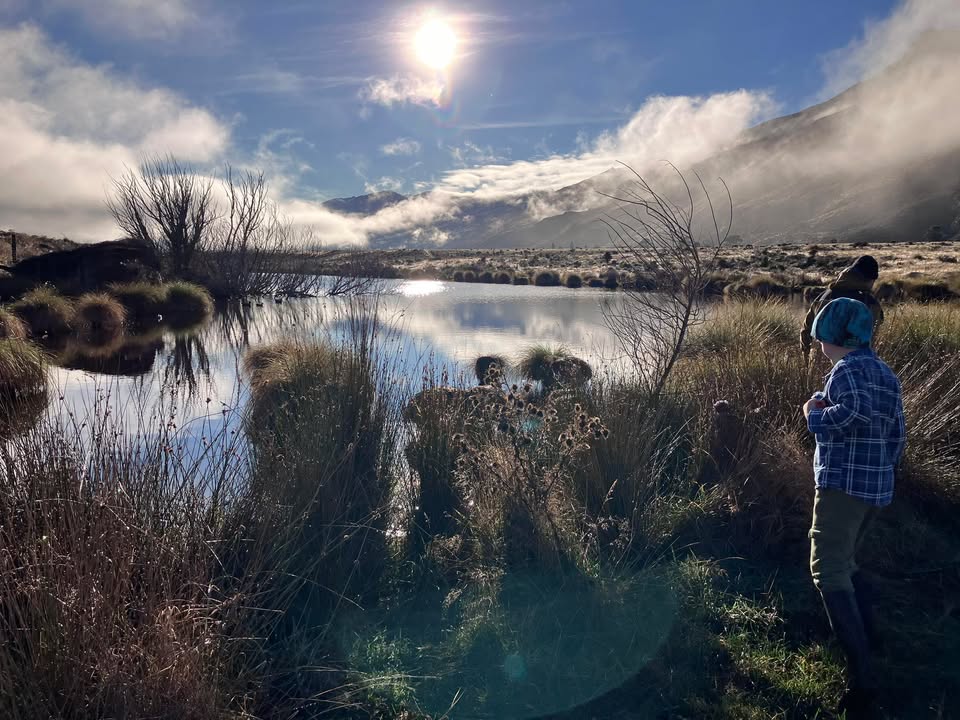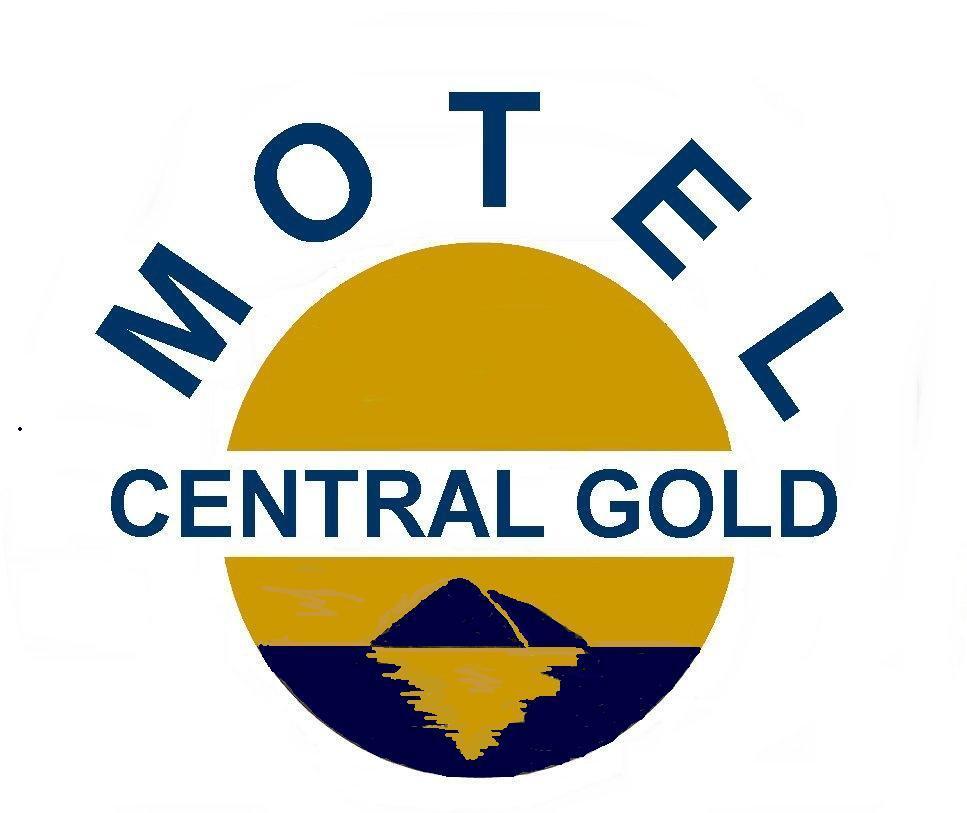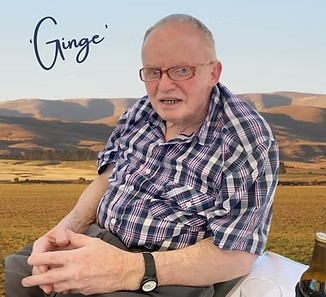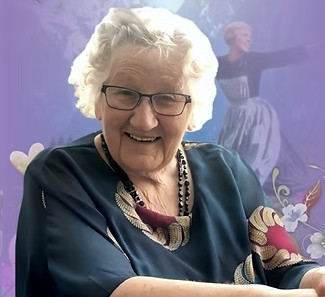Youth social media ban: What could go wrong?
RNZ
23 August 2025, 4:56 PM
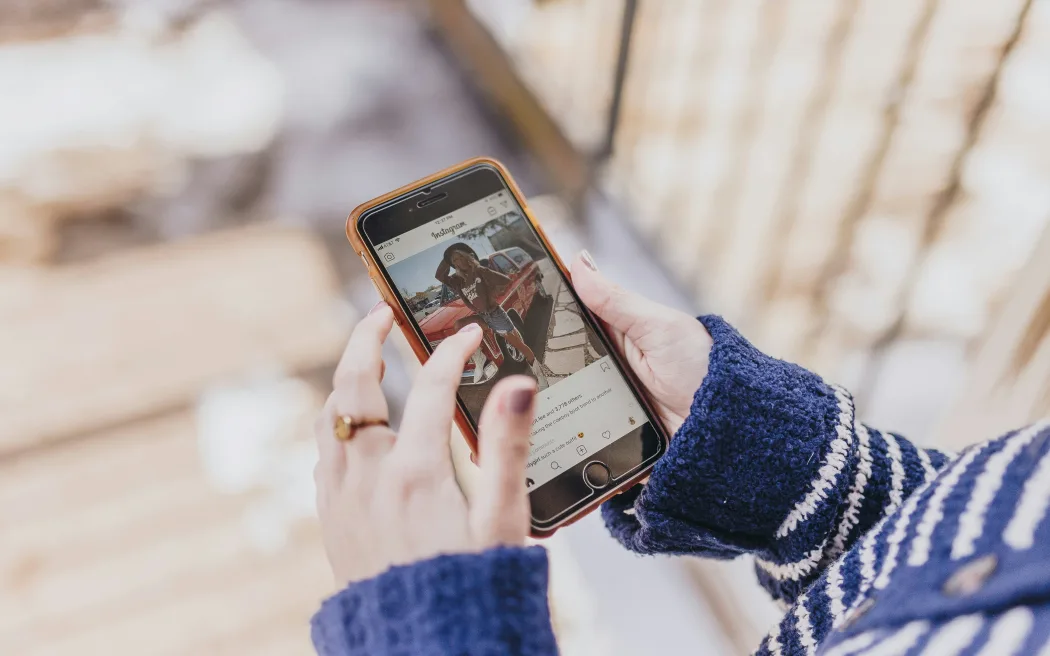 Photo: Unsplash/ Kate Torlin
Photo: Unsplash/ Kate TorlinAn Auckland-based criminologist is concerned New Zealand's proposed social media ban for under-16s will not work.
National proposed the ban earlier this year after Australia announced it would be the world's first country to implement social media restrictions on those under 16.
While it has attracted interest from coalition partner New Zealand First and Labour, the biggest opposition party, National's other government partner ACT is against it.
Dr Claire Meehan, a senior lecturer in criminology at the University of Auckland, does not think a ban here - or anywhere - is going to work.
"One of the key issues with it is, how do we actually enforce it? To date, there's no effective technology that verifies age or parental consent. So, how do we do this?" she said on RNZ's Saturday
Morning.
"And there are of course privacy concerns. So for example, will everyone have to verify their age? Are we giving even more information to these platforms?
"I think the pressure to enforce this ban will ultimately fall upon parents, which I don't think is fair.
"Plus, it doesn't actually make sites safer. This is really, really important. And my concern is if we do have this ban, it may give educators and particularly regulators a bit of a justification to take a hands-
off approach."
Australia's law, coming into force in December, puts the obligation on technology companies to take reasonable steps to prevent young people under 16 from creating social media accounts, and
companies that fail to introduce adequate safeguards will face fines up to more than $50 million.
It follows a UK law introduced in July which required sites to take steps to prevent children accessing harmful content, such as pornography. That law sparked a massive rise in the use of virtual private
network (VPN) services, which allow users to hide their location and bypass restrictions aimed at users based in the UK - in the same way many use VPNs to access different countries' Netflix
catalogues.
Meehan, who has spent more than a decade working with young people all around New Zealand said digital natives will easily get around restrictions.
"Most of the young people that I've spoken to are unconcerned with this ban because they use VPNs on a daily basis."
She also feared a ban would cut young people off from their friendship and support networks.
Dr Claire Meehan. Photo: Supplied
"Ultimately, the main thing that they tell me is connection. It's also a sense of belonging for learning new skills, particularly young people that are artistic or interested in drawing. They get to learn about
new cultures. It's a place to escape, to relax, to become informed about the world and the roles and responsibilities in it, and also to engage with activism and advocacy.
"Also, I think it's really important to remember for some young people, for particularly queer, gender diverse young people, for neurodivergent young people, for those struggling with mental health
issues, social media can actually be a lifeline. And many organisations, such as those focused on mental health, sexual health or even online safety, use social media to deliver important messages.
And I think the ban really ignores a lot of the good that comes out of social media."
She also worried kids without any exposure to social media, suddenly given access at 16, would be unprepared for what they might find.
"I tend to give a car analogy. You wouldn't buy a 16-year-old a car without teaching them how to drive first, and it's the same. So if we're saying that, OK, you can't use it until you turn 16, but once you
turn 16, you can use it, how do they actually learn those skills?"
Prime Minister Christopher Luxon in June said parents, teachers and kids were calling for the ban, and he was confident National had the public's support. A poll found more than half of voters would
indeed back such a ban, particularly from supporters of the coalition parties.
NEWS
JOBS

